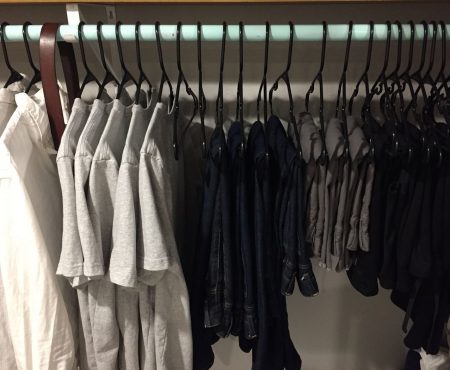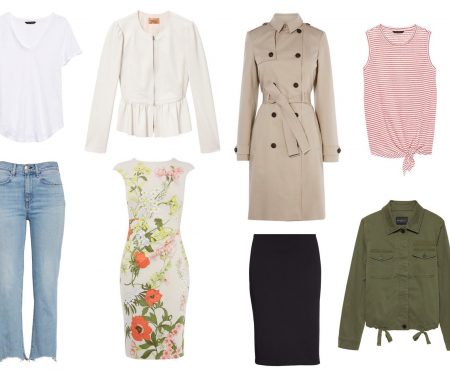Conscious consumerism has emerged as a powerful force driving change across various industries, and the fashion sector is no exception. Every clothing choice you make has a profound impact on the planet, from the sourcing of materials to the manufacturing process and beyond. Understanding the far-reaching consequences of your decisions as a consumer is crucial in creating a more sustainable and responsible fashion industry.
The production of clothing involves a complex web of processes, each of which carries environmental implications. It starts with the cultivation of raw materials, such as cotton, wool, and synthetic fibers. The methods used to grow these materials can result in pesticide pollution, soil degradation, and excessive water consumption. By opting for clothing made from organic or sustainably sourced materials, you contribute to reducing these negative impacts.
The manufacturing phase is another critical aspect of the fashion supply chain. Traditional manufacturing processes often involve energy-intensive machinery and chemicals that can contribute to air and water pollution. Additionally, the transportation of raw materials and finished products across the globe contributes to carbon emissions and further strains natural resources. By supporting brands that prioritize eco-friendly manufacturing practices and reduce their carbon footprint, you play a role in mitigating these adverse effects.
One of the most significant environmental concerns associated with the fashion industry is textile waste. Fast fashion’s emphasis on rapid turnover and disposable clothing contributes to an alarming amount of textile waste ending up in landfills each year. Synthetic fibers, commonly found in fast fashion garments, can take centuries to decompose, releasing harmful microplastics into the environment. Opting for quality over quantity and investing in durable clothing can help curb this waste and minimize your ecological footprint.
Water usage is another critical issue tied to clothing production. The fashion industry is a major consumer of water, from crop irrigation to dyeing and finishing processes. In regions where water resources are already scarce, the demand from the fashion industry exacerbates the problem. Supporting brands that prioritize water-efficient practices, such as using less water during production and adopting water recycling technologies, can contribute to more responsible water stewardship.
Labor rights and ethical considerations are integral aspects of conscious consumerism in the fashion industry. Many clothing brands outsource production to countries with lax labor regulations, resulting in poor working conditions, low wages, and human rights abuses. By choosing to support brands that prioritize fair labor practices and uphold workers’ rights, you can advocate for improved conditions for the individuals who make your clothes.
The concept of “circular fashion” is gaining momentum as a solution to the environmental challenges posed by the fashion industry. Circular fashion aims to create a closed-loop system, where clothing is designed, produced, and consumed with minimal waste and maximum longevity. This involves practices such as recycling textiles, designing for durability and reparability, and encouraging clothing swaps or secondhand shopping. Embracing circular fashion principles helps reduce the demand for new resources and minimizes the environmental impact of clothing consumption.
As a conscious consumer, your power extends beyond individual purchasing decisions. By raising awareness and engaging in conversations about sustainable fashion, you can influence others to make more informed choices. Social media, discussions with friends and family, and participation in local sustainability initiatives are all avenues through which you can amplify your impact and drive positive change within your community.
Educating yourself about the fashion industry’s environmental and ethical challenges is a crucial step in becoming a more conscious consumer. The more you understand the complexities of clothing production, the better equipped you are to make choices aligned with your values. Take the time to research brands, read labels, and seek out certifications that indicate a commitment to sustainability and ethical practices.
In conclusion, conscious consumerism in the fashion industry has the potential to reshape the way clothing is produced, consumed, and perceived. Your clothing choices have far-reaching consequences, impacting everything from natural resources and labor conditions to waste generation and pollution. By prioritizing sustainably sourced materials, eco-friendly manufacturing processes, ethical labor practices, and circular fashion principles, you contribute to a more responsible and sustainable fashion ecosystem. As a conscious consumer, you have the power to drive positive change and inspire a shift towards a more equitable and planet-friendly fashion industry.












